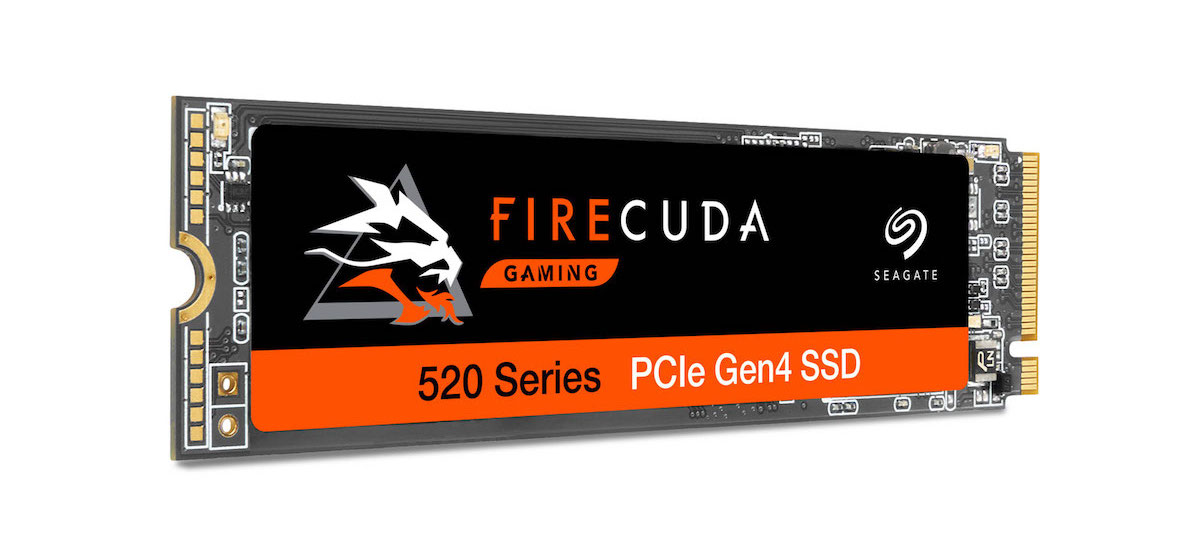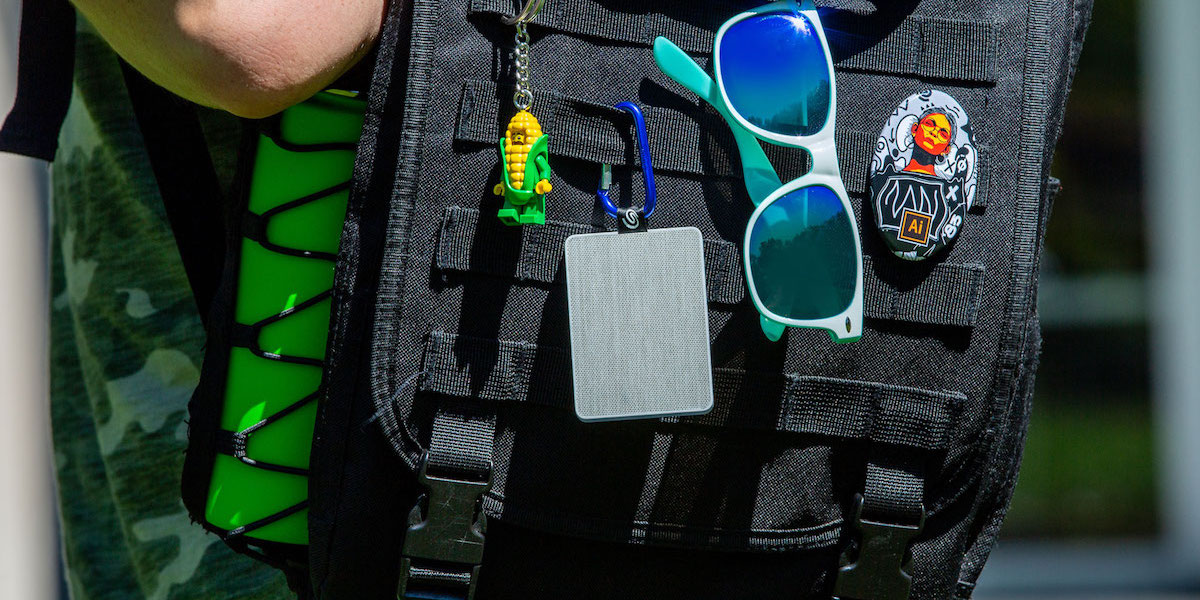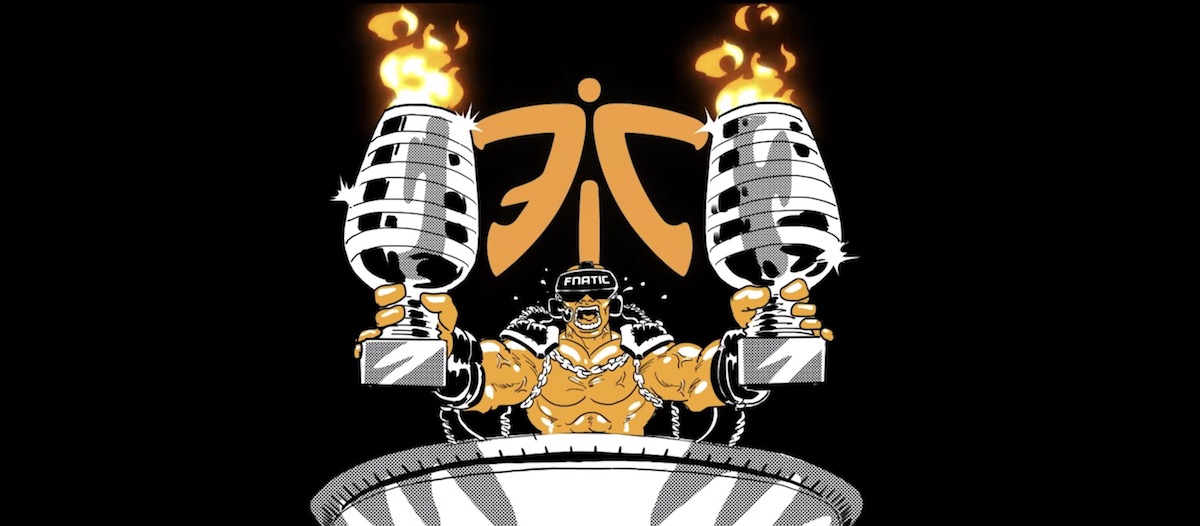Simplicity can be hard to come by in these modern times. Contemporary culture celebrates the idea of endless options and the concomitant received sense of “more is better.”
I fully take advantage of the technological tools which make my work as a musician and writer more flexible, but my natural instinct as an artist is to find the most direct pathway to expression. Locating that pathway in any project is a task unto itself, and it can certainly be elusive in a recording studio environment, where creative work flow and inspiration are hampered by equipment malfunction, dicey data upkeep and potentially endless trajectories.
How to “Let the artist be the artist” — work with a skilled engineer
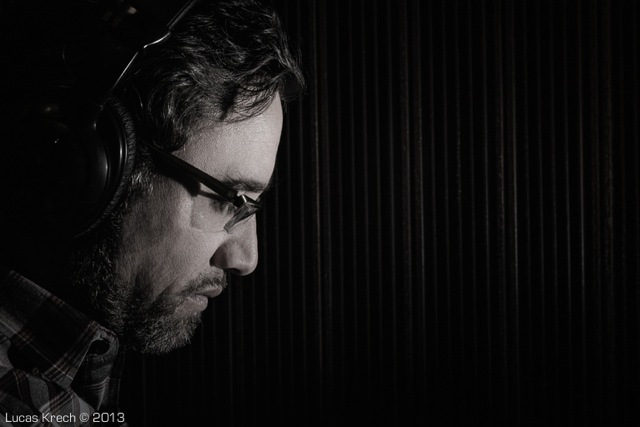
I’ve been fortunate to work with seasoned engineers for most of my career. Having skilled technical colleagues in the room helps keep my mind off of the electrons, zeroes and ones slithering through the wires and allows me to focus on the task at hand.
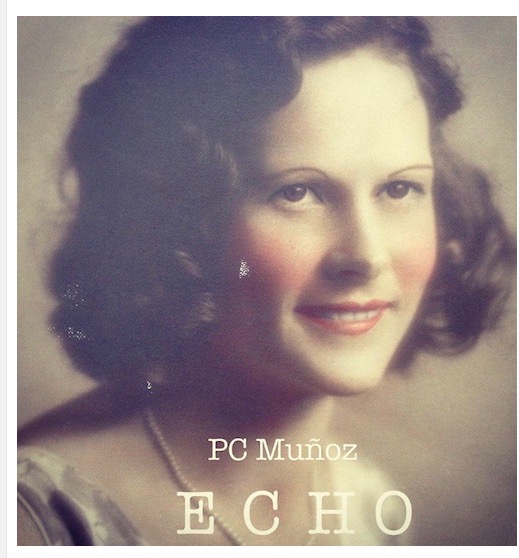 For my Fall 2016 release, a Mini-EP called Echo, I knew I wanted to strip things down in a way I hadn’t since my haiku and improvised music project Twenty Haiku (Beevine Records, 2005). I contracted my longtime collaborator and former Talking House Records producer/guitarist colleague Marc Weibel (The Lovemakers, A Band Called Pain, elephone, Blueprints of Jazz series) and told him I wanted to make some sparsely produced guitar-based songs with minimal overdubs, just the two of us.
For my Fall 2016 release, a Mini-EP called Echo, I knew I wanted to strip things down in a way I hadn’t since my haiku and improvised music project Twenty Haiku (Beevine Records, 2005). I contracted my longtime collaborator and former Talking House Records producer/guitarist colleague Marc Weibel (The Lovemakers, A Band Called Pain, elephone, Blueprints of Jazz series) and told him I wanted to make some sparsely produced guitar-based songs with minimal overdubs, just the two of us.
We bounced around several ideas about how to approach the work over texts and emails. One fleeting notion was to fly out to Steve Albini’s studio in Chicago to make a full album in one week’s time. Another idea was to return to the first multi-tracking tool we ever used together, a Tascam 4-Track cassette recorder.
We eventually regained our common sense and decided to have Marc do most of the engineering himself at our longtime favorite studio, San Francisco’s Studio Trilogy, which at the time was just beginning to prepare for a major transition/location closing. After tracking, we would then hand off the files to engineer Willie Samuels, another longtime collaborator. With the exception of one quick session across the Golden Gate Bridge at Laughing Tiger Studios in San Rafael, we tracked everything at Trilogy, with fairly stringent self-imposed limits on how many parts, overdubs and takes we would allow in each song. We planned for three-hour sessions at most, with Marc running ProTools and co-producing with me. The equipment we chose to use were also kept simple: barebones drum rigs, a single guitar and amp, and various sounds from my iPad.
Simple plans, simple processes, complicated lives
Our goal was to execute quickly and efficiently, but life had other plans. Medical issues, other recording projects, tour dates, family emergencies, and scheduling quagmires became our biggest obstacles. We ended up taking 3 months just to complete “Ain’t Love Grand,” a twang-funk burner with a barebones arrangement, simply because we couldn’t find the time after the first session to meet and finish it.
The title track, “Echo,” took about the same amount of time, mostly due to, shall we say, author confusion. I was having trouble deciding on the rhythm/percussion approach, so we recorded many different versions of the basic rhythm tracks until we landed on the straight ahead groove which we ended up keeping. Paradoxically, sometimes it takes extra effort to keep things simple. In this case, I needed to work through a somewhat reflexive inclination to get fancy with rhythm arrangement and just go with a nice big fat pocket.
Sometimes simplicity needs extra effort: restraint
That push and pull between the impulse to run with a potentially excessive idea and to exercise well-informed restraint can be a significant source of tension not only for artists, but basically anyone who takes on any project with serious intent. The buzzing digital crosstalk of 21st century life keeps our minds, eyes, and ears busier than ever, and makes it easy to give in to distractions which often present as helpful.
Like most other professional creatives, I delight in new developments in communication and utilize many of the modern tools daily. But I also know none of those tools compare to the real magic at the heart of expression: human beings connecting with each other meaningfully.
I just realized that this post could have effectively been summed up in one concise aphorism.
Next time, I’ll keep it simpler.
–
PC Muñoz uses Seagate products to help bring his music to life. PC Muñoz is a recording artist, producer, and writer based in San Francisco. His diverse body of work includes collaborations across multiple mediums, from GRAMMY-nominated contemporary classical music to public art installations and CMJ-charting R&B and funk. His work has been praised by NPR, Performing Songwriter, DownBeat, URB, and many others. He is currently a Board Governor for the San Francisco Chapter of the Recording Academy. His most recent releases include the experimental drums/electronics/voice piece “Rugged Individual” and the funk/pop Mini-EP discussed in this post, “Echo.” Learn more at pcmunoz.com


